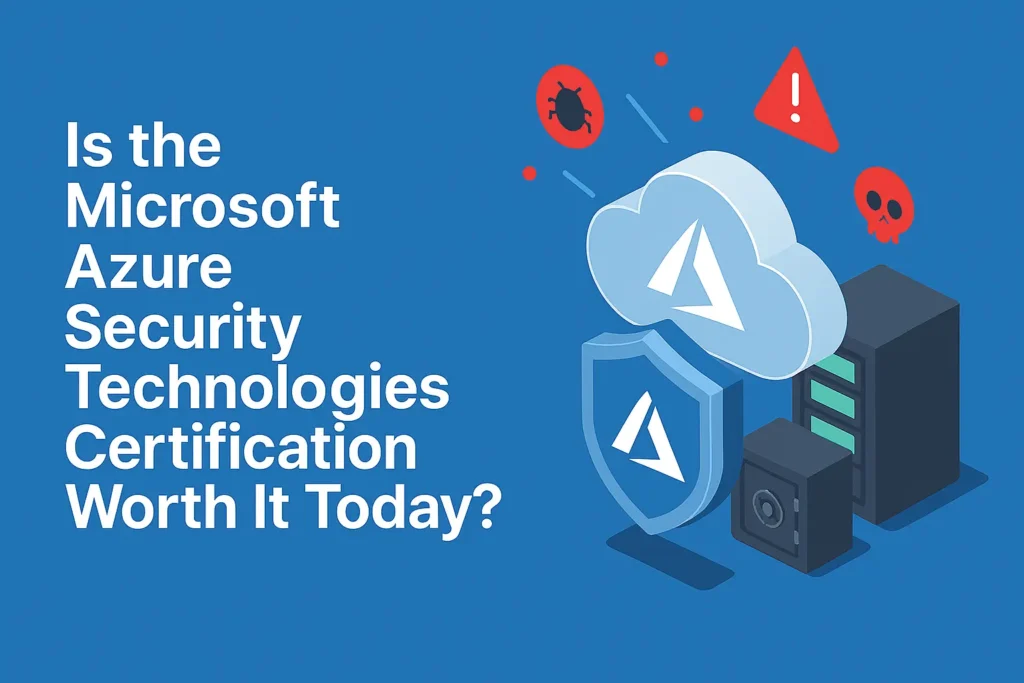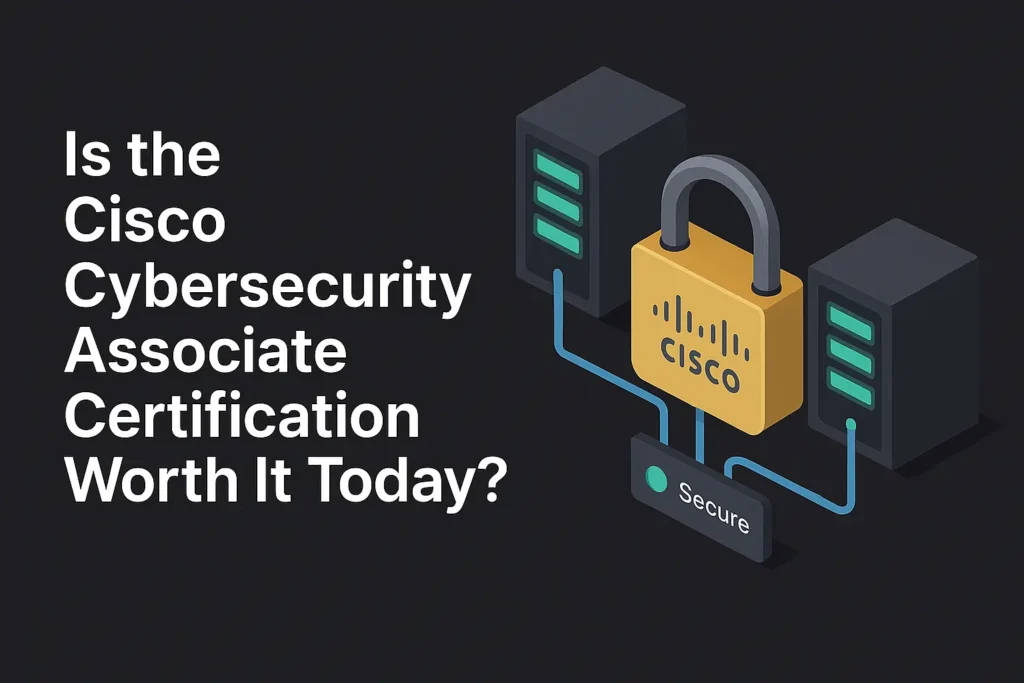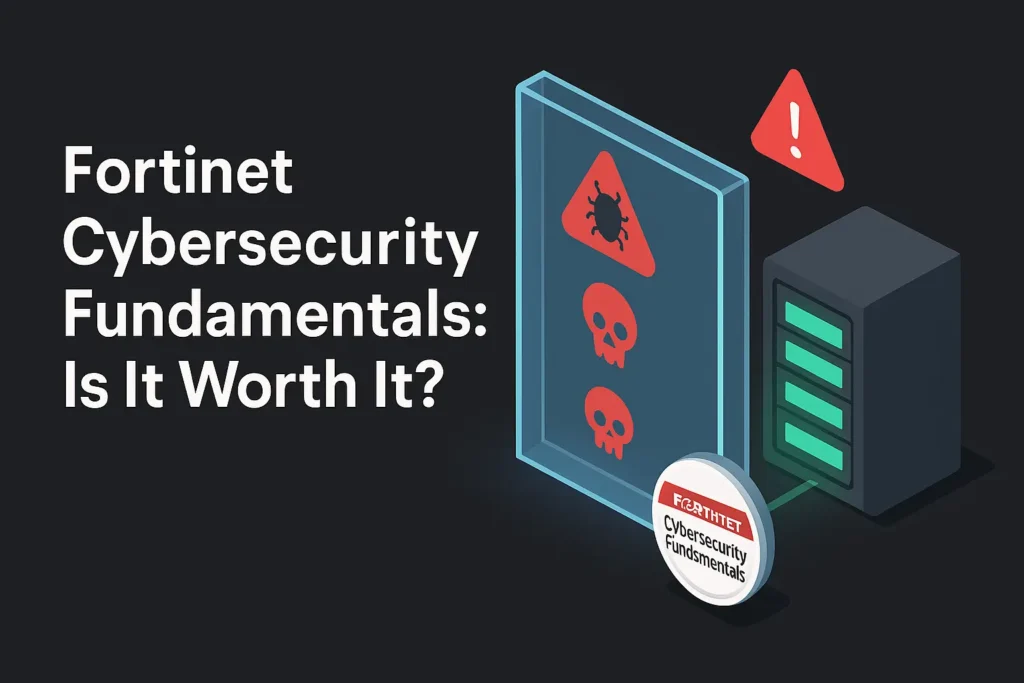Preparing for cybersecurity certifications is a daunting but rewarding process. Either you are after one of the high-caliber certifications or you simply want to expand your knowledge on the domain by having a structured blueprint; preparation to study best is what matters the most. So here is a complete reference to take you through: how to study for cybersecurity certifications, the roadmap for cybersecurity certification, and how you would best learn, one step at a time, about the vast field of cybersecurity.
Understanding the Cybersecurity Certification Landscape
The one has to have some basic background information about cybersecurity certifications. Such certifications benchmark your skills and knowledge to any employer or peer in the cyber security domain by validating your experience. The most recognized certifications are: ‘CompTIA Security +, Certified Information Systems Security Professional, Certified Ethical Hacker and Certified Information Security Manager.
Which one is the best way of studying online towards getting a cybersecurity certification?
- Getting The Right Courses Online: There are literally dozens of platforms that offer specialized courses on cybersecurity certification, encompassing Coursera, Udemy, and Cybrary. Pick on a course rated best by the reviewers. Content should be recent and it shall include all the topics stated in the examination objectives for a certification.
- Free Resources: Most organizations and cybersecurity professionals share a lot of resources for free on the internet. Going further, websites like Khan Academy, YouTube or forums in which cybersecurity experts take part in blogs, one can get more insights through examples. Do not leave out available forums or community websites that offer free study guides and practice exams.
- Interactive Learning: Online study is not a runtime of streamlining continuous videos, but it is learning through the virtual labs and simulation exercises. All the theoretical knowledge one would have implemented now continues to remain, and the practical experiences one would have gained from this exercise are a must while going through the process of taking exam papers.
- Online forums: For example, cybersecurity forums and social media groups, are very resourceful. For example, the person can take part in forums such as Reddit’s r/cybersecurity or groups on LinkedIn to discuss, ask questions, and express their views toward advice.
- E-learning: While this is perhaps one of the best advantages of e-learning, that a person works absolutely at their time, it doesn’t replace the importance of creating a schedule for studies. Make a list of times per week that you will dedicate to studying and then stick to it. The road to mastering the material is practicing consistency.
Cybersecurity Certification Roadmap
- Remember whatever you know: This should be a step toward any chosen certification. An entry-level aspirant in cybersecurity, when starting out, would remember a basic credential like that of CompTIA Security+. Those people, of course, remember advanced courses like CISSP and CISM.
- Choose The Right Certification: This should be what will drive your dreams to reality commensurate with your goals and interests. Review each of these Certifications in terms of requirements, formats and areas of focus. Such an for example taking care of Ethical Hacking might mean the goal is done.
- Prepare for the Study: Choose certification and collect the studying material for the examination—Official Guide, Practice exams with updated Course Objectives, and additional books from time to time that may help you in your journey to Certification.
- Study Plan: Formulate a study plan by breaking down the topics into easy portions and then, at last, allocate and get on board with the timelines. Make use of reading, practicing tests, and labs through hands-on practice in an attempt to cement your understanding.
- Practice, Practice, and Practice: Cybersecurity is all about the experience one has gained. Cyber labs, simulation tools, etc., will give one thousands of opportunities to practice real-life scenarios. The practices will help one achieve success in the examination and also enrich one’s practical skills in the field.
- Prepare for the tests through exam simulations: They assist in the self-evaluation of a person in terms of his or her preparedness for the examination; the practice also assists one to get used to the test format and suffices practice time to bring out weak areas requiring extra revision time. The more the exam practice done, the more confidence gained, and the better the performance at the end of the day.
- Review and Refine: Review all of your materials again a few days before the actual examination date and refine all the rough topics. Identify stress areas where you did badly in review exams, and go after other sources more aggressively.
- Schedule and Take the Exam: When you feel you are well-prepared enough for the exam, first of all, schedule your exam. Be sure that everything is clear to you about the actual process or any requirement of the exam. Just be cool and keep calm in soothing yourself down toward proper time management.
How to Learn Cybersecurity Step by Step
- Get the Basics: Before one jumps into any domain of cybersecurity, maybe starting with something very basic would be a good idea. Most of the basics entail topics like network security, cryptography, risk management, and threat analysis. Without that, it is not a good idea to proceed with advanced topics.
- Key areas to learn: Write at least three of the following about key areas of competence related to cybersecurity.
Network Security: firewall, intrusion detection system, network protocols.
System Security: Protection at operating system, malware, and system hardening is to be learned.
Application Security: learning of secure programming techniques; it is to be learnt.
Incident Response: Learn how it is to respond in case of a security incident, breach. - Exploring Specializations: You can start with certain specializations of interest with experience. Specializations can take one into domains such as penetration testing, cloud security, or cybersecurity management. Each domain will have its certificates and resources.
- Stay current: There is perhaps not a more rapidly evolving field of technology in recent times than cybersecurity. Stay current with trends, vulnerabilities, and technologies through industry news, blogs, and professional organizations. This is reason enough to temper the desire for learning with the knowledge that it does not stop at graduation.
- Start building a portfolio of your skills and projects: From personal projects to contributions to open-source security tools or practical lab work. Build a strong portfolio that will be a good accompaniment to your résumé to prove to potential employers that you really do have the skill requisite for a job.
Cybersecurity certifications need to be planned according to drafting strategy after availing of resources online, and then just dive in—practice. Get ready fast and efficiently for certification exams by stepping through guided, structured roadmaps laid down for use skills in cybersecurity. Get a career in one of the most interesting spheres with a curious mind and a never-give-up mentality.





